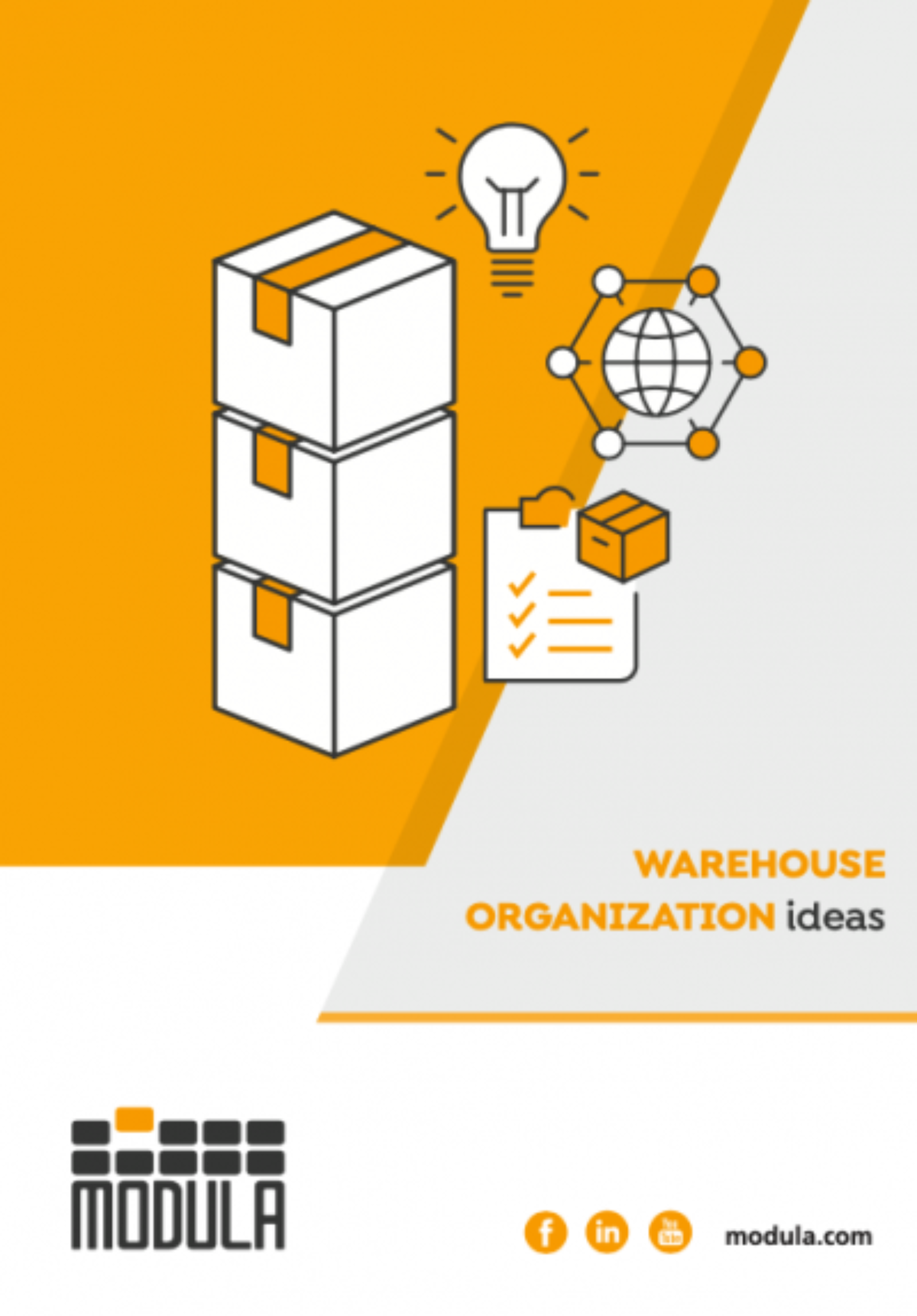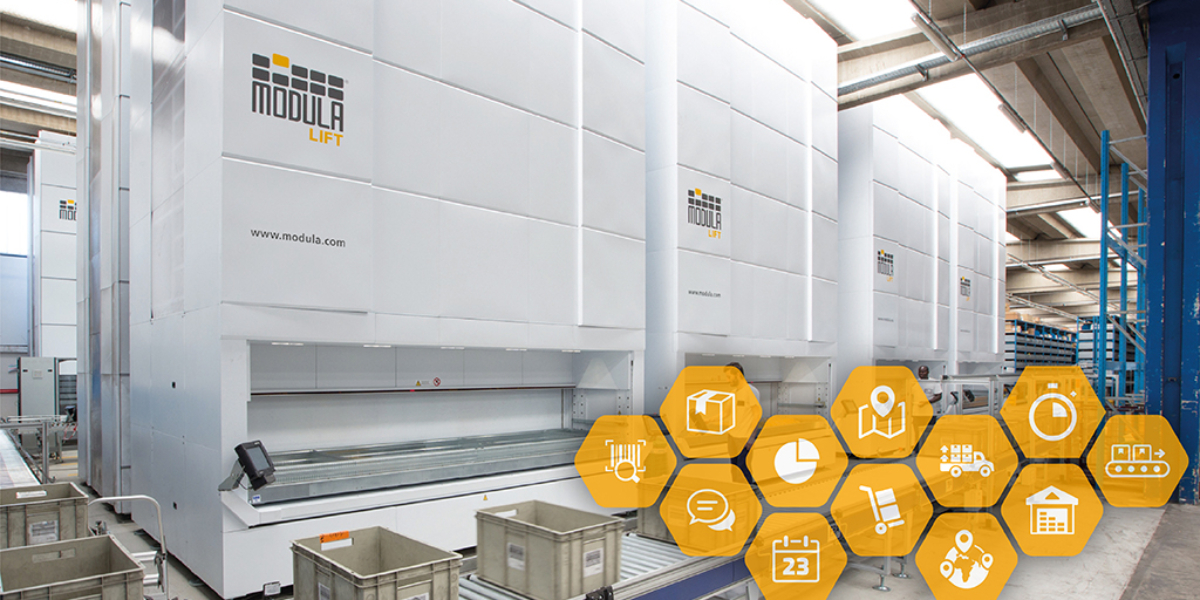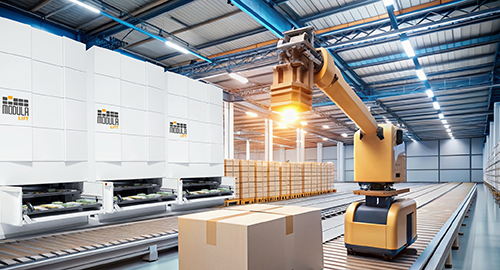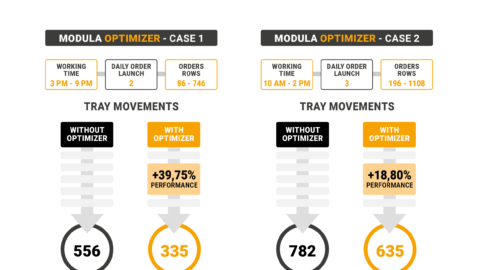In the current economic climate, efficiency and integration play a key part in paving the way to success in business. A crucial contribution on this front is made by modern ERP (Enterprise Resource Planning) systems for comprehensive coordination of all of a company’s resources, including staff, machinery, goods and assets.
But what exactly would ERP implementation entail for your organization and how can it improve your business management processes? In this post, we’ll take an in-depth look at ERP software and highlight its benefits, while also explaining how it can be integrated with other systems, focusing in particular on warehouse management systems (WMS), to keep your storage facilities running efficiently.
What are ERP systems and where do their origins lie?
Today’s ERP systems could be described as the brains behind companies, because they are used for synergistic planning, management and monitoring of business processes in all departments. It’s all made possible by networked connections between the different areas of businesses and a constant flow of information that ultimately enables decision-making processes to be coordinated in real time.
The forerunners of ERP – MRP and MRP II systems – were created to boost communication between the logistics and production areas of organizations, at a time when profitability largely depended on the cost of raw materials. Over time, ERP systems became increasingly integrated and began to encompass other areas of organizations that would benefit from automation and monitoring, as people realized that the advances in computing had something to offer for all departments.
Nowadays, the name ERP II is used to describe increasingly open management systems that can be used for integrated interaction not only within companies but also with other stakeholders, such as banks, customers, suppliers, retailers and technicians.
Why should we make the move to an ERP solution?
The main reason for switching to Enterprise Resource Planning systems is the one mentioned above: the scope to integrate the different areas of your organization and create a single, all-embracing system that enables you to assess the impact of individual activities on your company as a whole.
It can be a key factor in the success of your business, because it boosts efficiency and profitability by providing various features to support your processes. Therein lie the core advantages of ERP software.
The benefits of ERP software
The comprehensive range of features offered by ERP systems and the integration of these solutions within companies open up a host of incredible opportunities. Modern business management software presents a vast array of configuration and customization options that can be tailored to suit an organization’s specific needs, by choosing between different modules.
The benefits of ERP systems generally tend to include the following:
- Greater operational efficiency and fewer errors, thanks to the automation of processes that do not require human intervention.
- Better coordination between departments, thanks to real-time sharing of data.
- Better financial control, thanks to meticulous management of deadlines.
- Enhanced capacity to respond to changes in the market, thanks to the constant availability of up-to-date reports that allow executives to react by making informed decisions.
In addition, ERP systems are designed to grow with the companies that use them, so they can be integrated and changed at any time in order to adapt to developments in the business.
The importance of integration between ERP and WMS for efficient warehouses
So far, we’ve seen how enormous the benefits of adopting an ERP system can be in terms of efficiency, visibility and coordination of decision-making processes when running a business.
However, when it comes to logistics management, ERP software alone is not enough because it does not come with all of the advanced features needed to adapt to various specific needs (such as supply chain management) or optimize all logistics processes.
Much of the efficiency in business depends on what happens in the warehouse. With that in mind, all companies that require sophisticated warehouse management features should adopt WMS software, a warehouse management system that is specifically designed to control the logistics chain.
In order to ensure that your business ecosystem remains cohesive and you’re making the most of your WMS and ERP systems, it’s essential for the two to interact with each other. Therefore, you need to integrate the two systems. The roles they perform might be different, but they all play a crucial part in your organization.
Integrating ERP and WMS
Integrating WMS and ERP systems involves enabling secure data sharing between the two, so that there’s a constant flow of information in both directions, with the roles of the master and slave being reversed as and when necessary. This means that – when integration is done properly – all updates in one system (which will have an impact on the other) are sent in real time.
Integration between WMS and ERP systems can be carried out using APIs, Web Services (XML/Data Sets), text files or databases. For example, integrating Modula WMS Premium with major ERP systems is quick and simple thanks to the standard integration options that are ready for use.
Our consultants are ERP-WMS integration experts and they’re aware of the importance of implementing everything properly in order to keep the shared data secure. They will plan every step in the process alongside you and carry out all the tests required to ensure there are no communication errors.
Nowadays, WMS and ERP systems have become essential tools for all organizations that want to optimize their logistics management and stay competitive in the market.
Ideas for warehouse reorganization




